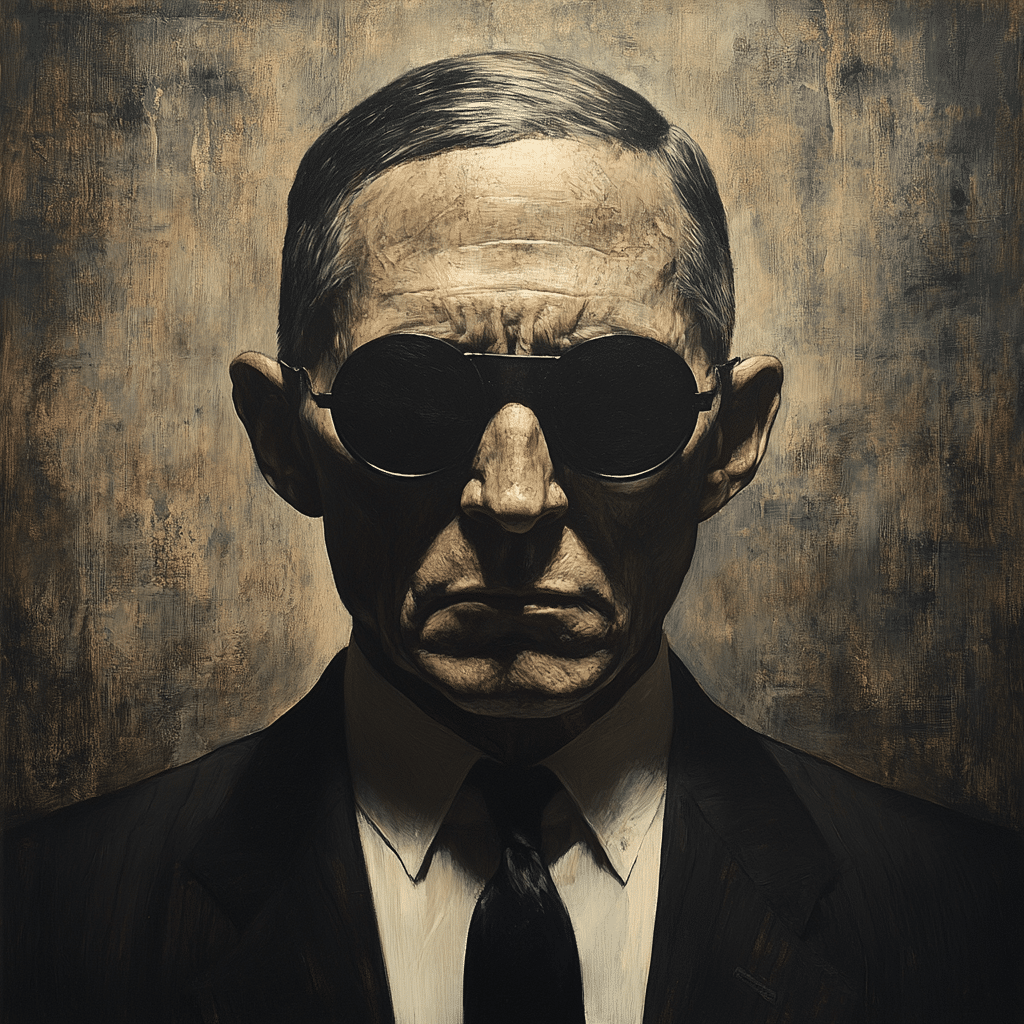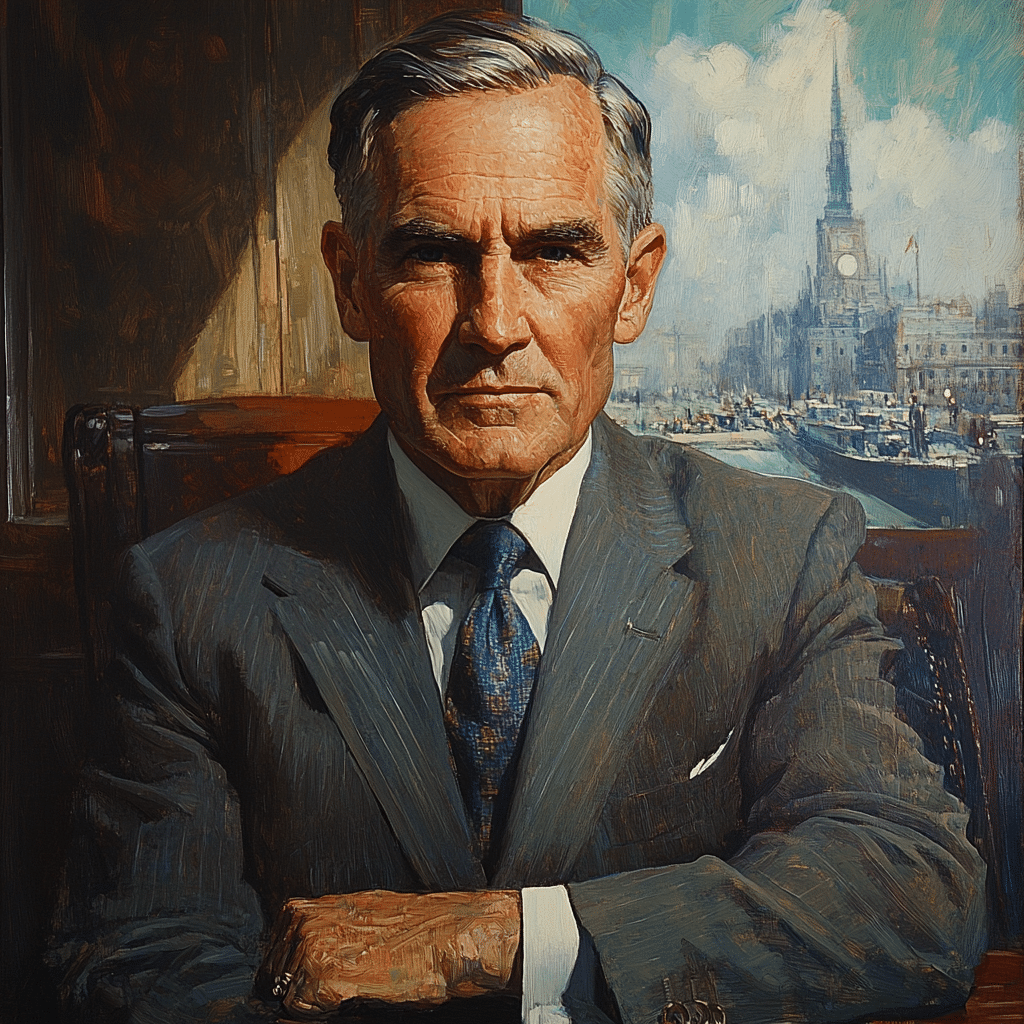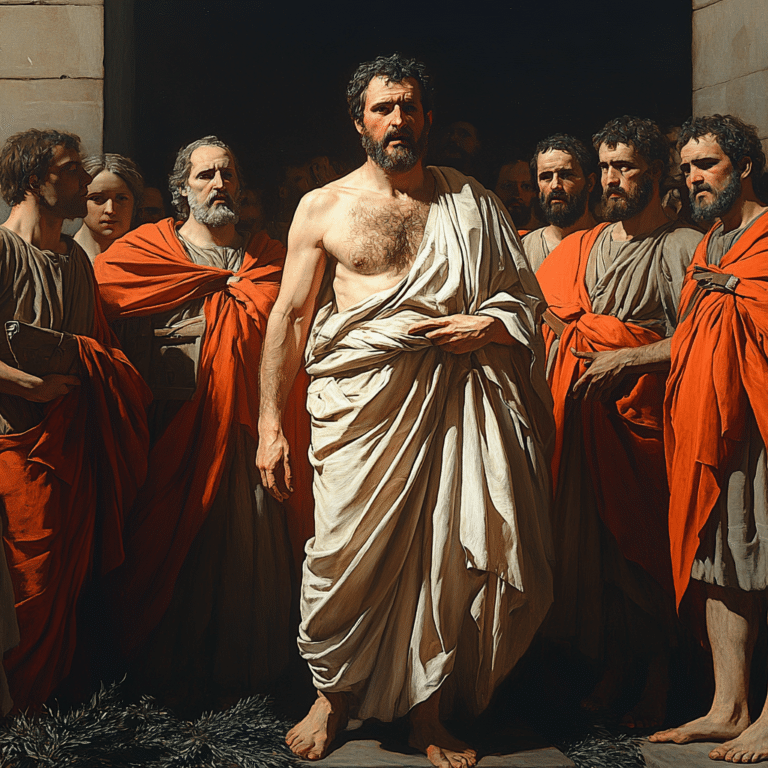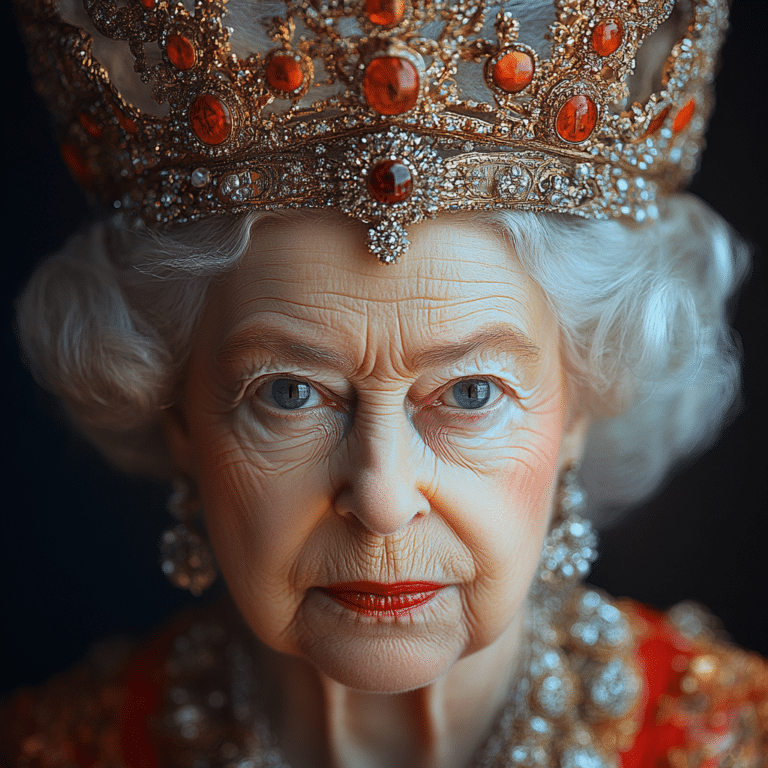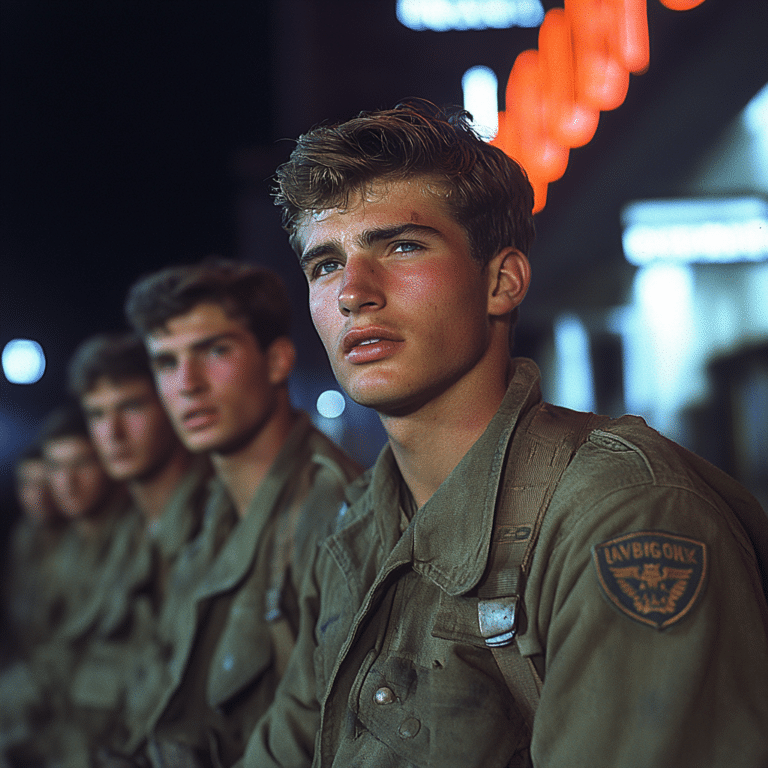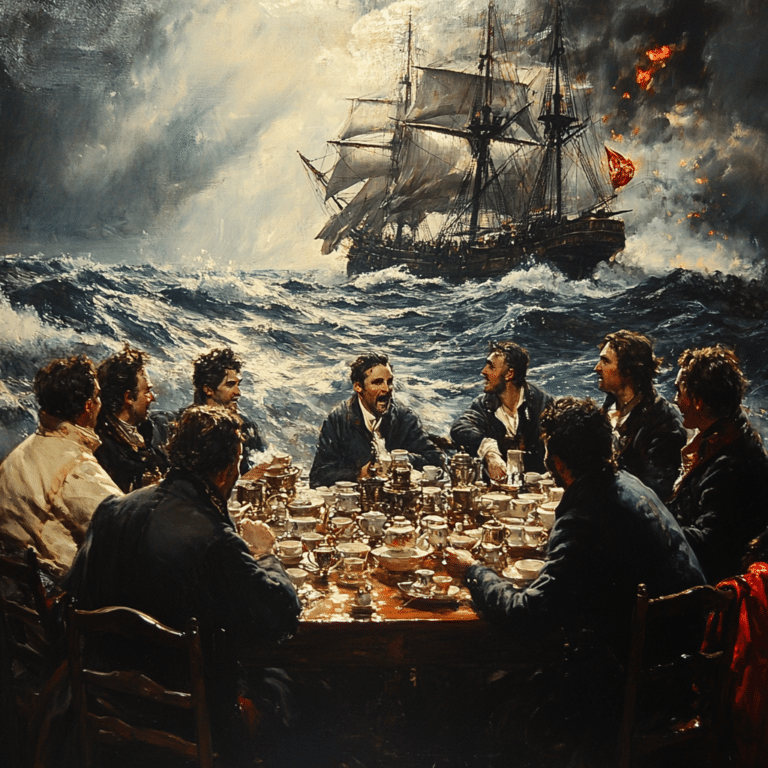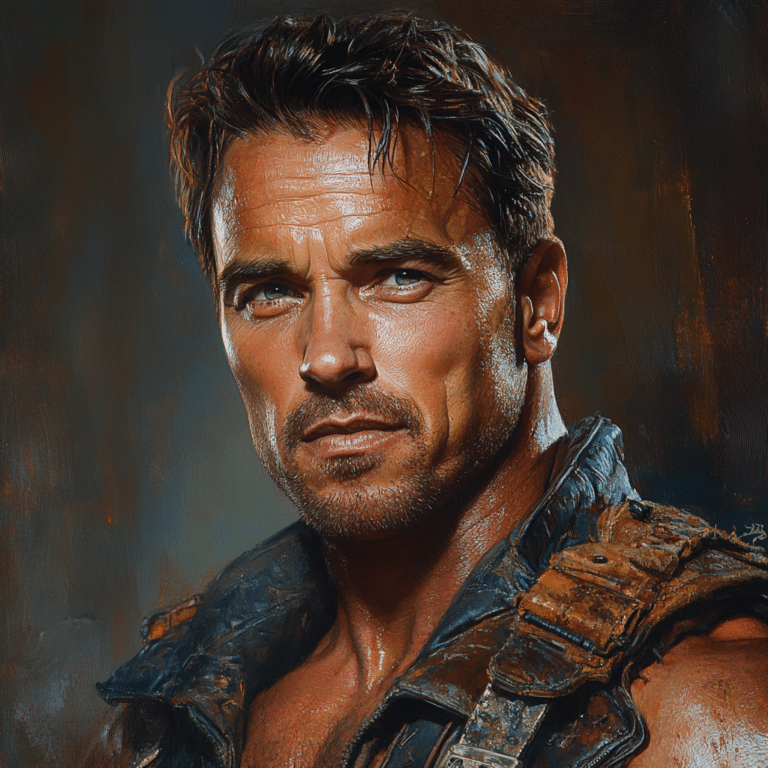Calvin Coolidge, often referred to as “Silent Cal,” may not have the flashiest legacy in American presidential history, but his impactful presidency speaks volumes about conservative values and principles. Coolidge’s commitment to limited government and economic growth during his time in office profoundly shaped modern conservatism. Nowadays, as we face challenges from a resurgent ‘Woke’ movement and debates over personal freedoms, revisiting Coolidge’s approach can provide guidance on how to champion conservative ideals effectively.
The Legacy of Calvin Coolidge: A Silent Guardian
Calvin Coolidge’s presidency unfolded during a turbulent period of societal upheaval and economic skepticism, yet his leadership style was defined by remarkable restraint. Elected in 1923 and serving until 1929, Coolidge emphasized fiscal conservatism and limited government intervention at a time when many were clamoring for new programs and policies. His staunch belief that the government should allow the economy to flourish without overregulation facilitated an era of unprecedented prosperity known as the Roaring Twenties.
Throughout this period, America witnessed remarkable growth, thanks in part to Coolidge’s wise stewardship. His tax cuts and commitment to reducing federal spending set a standard for fiscal responsibility that resonates with modern conservative thought. Coolidge’s approach encouraged businesses to innovate and expand, leading to enhanced consumer opportunities—an essential facet of the American Dream that continues to be a rallying cry for the Republican base.
Coolidge didn’t just oversee economic policies; he embodied a character of integrity and accountability. Unlike other leaders of his time, who crowded the political stage with grand rhetoric, Coolidge believed in letting action speak louder than words. His quiet confidence turned the presidency into a beacon of stability during a chaotic era, allowing the nation to focus on growth and innovation while instilling faith in governmental strength without overreach.
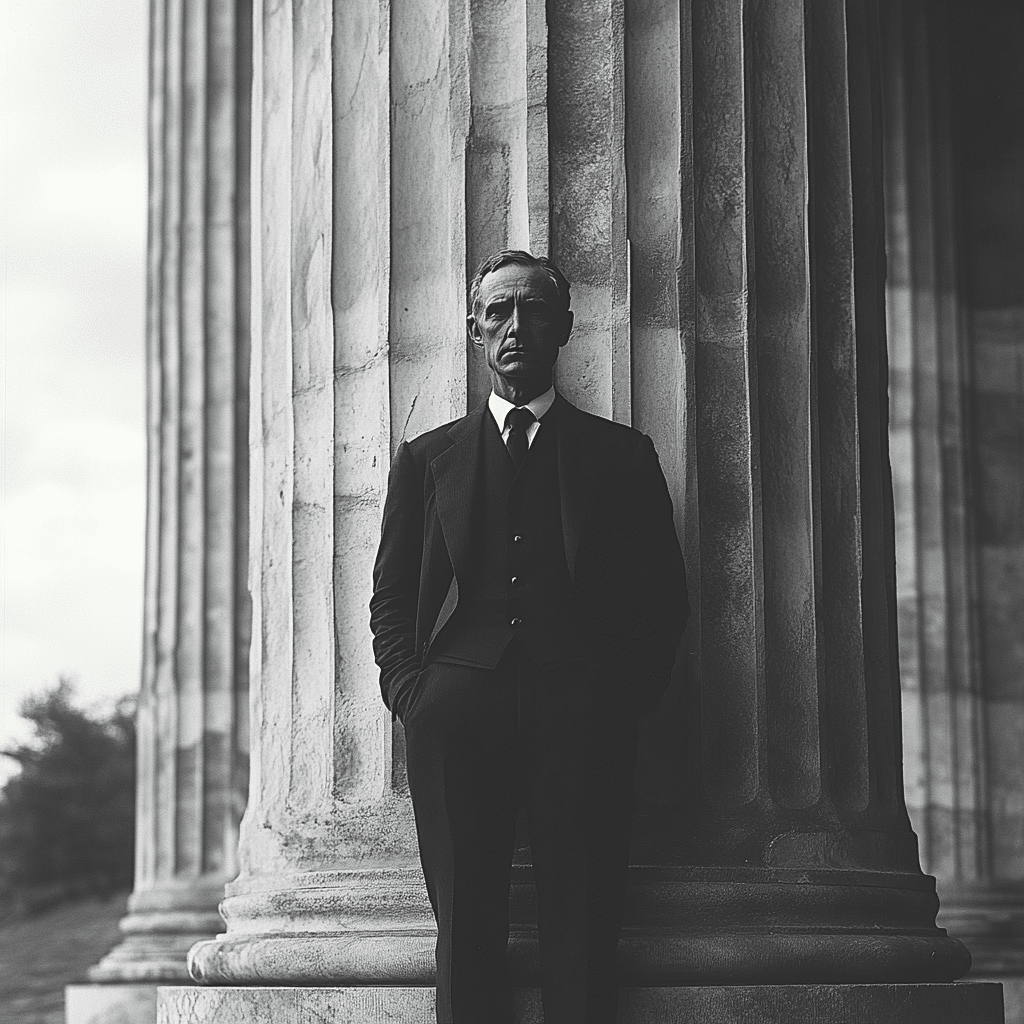
Top 5 Lessons from President Coolidge That Resonate Today
1. Emphasizing Economic Growth
President Coolidge firmly believed that economic growth should be the bedrock of American prosperity. His administration implemented several tax cuts, demonstrating a commitment to creating an environment where businesses could thrive. This approach laid the groundwork for vast economic expansion, a lesson modern conservatives should embrace as they advocate against stifling taxes and regulations.
2. The Value of Thrift
One phrase encapsulates Coolidge’s philosophy: “The chief business of the American people is business.” This principle encouraged a mindset centered around hard work and savings. Today, at a time when many Americans struggle under mounting debts and government expenses, Coolidge’s emphasis on thrift is a call to action for all Americans to prioritize fiscal responsibility.
3. The Perils of Overregulation
Coolidge recognized that excess regulation stunted innovation. He targeted overbearing policies that hampered entrepreneurial spirit, opting instead for light touch governance that invited economic creativity. Those lessons remain vital today as the conversation around business deregulation intensifies amidst an era of excessive rules threatening to strangle opportunity.
4. The Importance of Consensus Politics
Contrary to the polarized politics of today, President Coolidge’s expertise in collaboration set an example for bipartisanship. He worked effectively with Congress to pass various significant bills, showcasing the necessity of finding common ground. For conservatives grappling with today’s divisive climate, Coolidge’s ability to engage opponents without compromising core values is a strategy worth emulating.
5. Advocating for Civil Liberties
Calvin Coolidge stood firm on protecting civil liberties at a time rife with societal pressures. Upholding freedoms, he challenged efforts that threatened individual rights, focusing on the necessity of free speech. His legacy reminds modern leaders of the importance of advocating for all Americans, resisting encroachments on individual freedoms from a federal government that sometimes seems intent on control rather than liberty.
An Analysis of Coolidge’s Leadership Style: The Power of Silence
Calvin Coolidge’s quiet demeanor has often been misconstrued as a lack of charisma. Still, it proved to be effective in creating a tranquil political environment. In an age when bombastic declarations and media spectacles often steal the limelight, Coolidge’s silence became his strength. By refraining from unnecessary noise, he cultivated an atmosphere of calmness that allowed for thoughtful policy discussions and meaningful governance.
This strategy fostered trust in his presidency. When leaders refrain from sensationalism and choose silence over noise, they promote a sense of stability—a characteristic indispensable to effective leadership. In an era marked by chaos and overblown rhetoric, Coolidge’s example teaches us the power of calm resolve.
Moreover, Coolidge recognized that competent action often speaks louder than mere words. His administration’s successes stand testament to a leadership model that prioritizes practicality over pandering to the audience, a notion the Republican Party can leverage as it seeks to navigate contemporary challenges presented by the opposing party’s rhetoric.
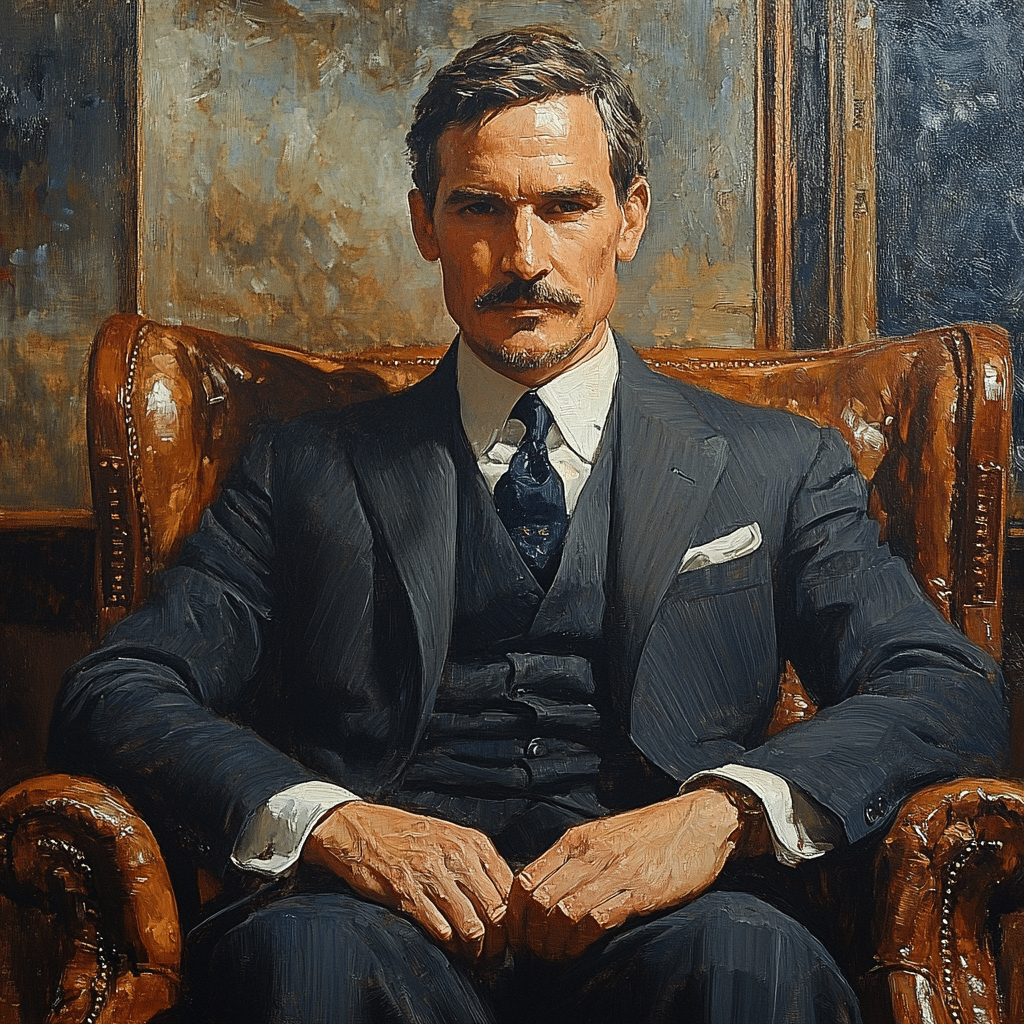
The Modern Conservative Movement and Coolidge’s Influence
As conservatives today grapple with the repercussions of progressive policies, the principles championed by Calvin Coolidge provide a crucial blueprint for moving forward. His unwavering stance on limited government and economic freedom stands as a cornerstone for many. Policymakers are increasingly referencing Coolidge in discussions around fiscal policies, social issues, and maintaining personal liberties.
Current debates about Second Amendment rights, economic deregulation, and resisting the Woke movement underscore the ongoing relevance of President Coolidge’s philosophies. By adopting his lessons, conservatives can position themselves as defenders of freedom and advocates for individual success over government dependency.
Striking a Balance: Revisiting the Coolidge Approach for Today’s Challenges
Looking back on Calvin Coolidge’s presidency reveals much about the nature of leadership. Calm, measured, and grounded in sound principles, his governance reminds us that silent strength can yield profound results. Amidst fierce political battles, and in a rapidly changing landscape, revisiting Coolidge’s commitment to minimal government intervention and fiscal discipline can help modern leaders and citizens alike navigate through economic and social complexities.
In conclusion, Calvin Coolidge may have embodied the essence of a silent leader, but his impact on American governance and conservatism shouts louder than ever. As we move forward, let’s keep the spirit of Coolidge alive—fostering economic growth, celebrating individual liberties, and nurturing a collective commitment to the greater good without forsaking the fundamental tenets of conservative thought. Just as Coolidge asserted, “We cannot do everything at once, but we can do something at once,” let’s embrace his wisdom as a guiding light for today’s challenges and future victories.
As we continue to champion these crucial conversations within the Republican base, let Calvin Coolidge inspire us to remain steadfast and resolute in defending our values against the tides of liberalism. The strength and resilience of Coolidge’s legacy offer a roadmap for a brighter, more prosperous America.
Coolidge: America’s Silent Presidential Leader
Fun Facts You Might Not Know About Coolidge
Calvin Coolidge, the 30th President of the United States, was known for his quiet demeanor and strong economic policies during the Roaring Twenties. While he might not have made headlines for his public speaking, there’s a lot more to the man behind the silence. For starters, Coolidge was a fan of playful pastimes. Did you know that he had a penchant for playing the game of marbles? Talk about a fun fact! And speaking of playful games, remember those old Mickey Mouse club days that captivated audiences? Well, Coolidge’s time in office was quite the spectacle, although he often took a more laid-back approach. Just like fans eagerly await the next season of their favorite shows, such as “Cobra Kai” When Is cobra Kai season 6 coming out, anyway?), Coolidge kept Americans curious with his no-fuss leadership style.
Moving beyond his personal interests, Coolidge believed in the power of simplicity in governance. His famous quote, “The business of America is business,” reflects his dedication to supporting economic growth without overcomplicating things. This philosophy was a bit like a classic Kansas City Bbq—straightforward, no-nonsense, and packed with flavor! Speaking of flavors, The Lyric baltimore has a knack for bringing local tastes to life, much like Coolidge did by promoting a thriving economy. He once even managed to balance a national budget with surplus funds, which is impressive compared to the modern-day mix-ups some might call economic planning!
Despite his reserved nature, Coolidge had an interesting array of hobbies. He’s been known to be a fan of golf, and even preferred to play during quiet moments rather than engage in large gatherings. Ironically, this echoes the sentiment behind popular shows like “South Park,” which often comment on society’s quirks. And if that doesn’t pique your curiosity, think about the many amusing encounters he had while in office. For instance, when he famously stayed at the Mcdonlads chain during campaign trips, it created waves of buzz. Just like how “Saltburn” captures viewers with unexpected twists, Coolidge’s presidency was filled with delightful surprises, demonstrating that sometimes, silence speaks volumes!
